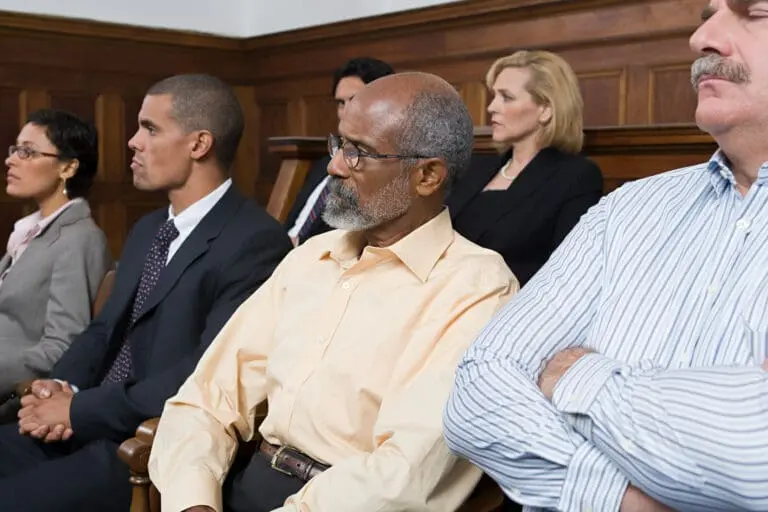Manslaughter

The concept of manslaughter, representing a form of unlawful killing, is enshrined in a complex legal framework. This article, grounded in the domain of legal issues, advice, and consultation, endeavors to provide a detailed exposition of manslaughter charges and the surrounding legal landscape.
In the opening segments, we delve into the core definition of manslaughter, distinguishing it from other forms of homicide, and explore the legal terminologies associated with it. We then transition into an examination of the legal processes that ensue post-charge, underscoring the critical importance of legal advice and consultation in such grave matters.
An array of perspectives is presented through interviews, case studies, testimonials, news, and expert opinions from different stakeholders – judges, defendants, prosecutors, and legal scholars. Each perspective sheds light on the various facets of manslaughter charges, offering readers a well-rounded understanding of the subject matter.
Furthermore, we explore the implications of manslaughter charges across different states, providing an international lens through comparisons, historical developments, and a deep dive into legislative efforts, both successful and failed.
The intricacies of legal defense in manslaughter cases are laid bare, as we explore real-life cases and the role legal representation played in either mitigating or exacerbating the outcomes for the defendants.
In conclusion, the article reiterates the indispensable role of legal consultation in navigating the complex legal terrain of manslaughter charges, offering readers a pathway to deeper understanding and preparation.
_______________________________________
Exploring Manslaughter: Types, Legal Implications, and Defenses
In today’s legal landscape, understanding the concept of manslaughter is crucial. Manslaughter, a subset of homicide, involves the unlawful killing of another person without malice aforethought. This article delves deep into the intricacies of manslaughter, exploring its various types, legal implications, and available defenses.
Manslaughter can be broadly categorized into two main types: voluntary manslaughter and involuntary manslaughter. Voluntary manslaughter occurs when a person intentionally kills another person in the heat of passion or under extreme emotional distress. This often involves a sudden provocation that leads to a loss of control, resulting in the death of another individual. Involuntary manslaughter, on the other hand, occurs when a person unintentionally causes the death of another person through reckless or negligent behavior. Unlike murder, manslaughter does not require premeditation or malice.
One of the key distinctions between manslaughter and murder is the absence of malice aforethought in manslaughter cases. Malice aforethought refers to the intent to kill or cause serious bodily harm to another person. While murder requires this specific intent, manslaughter involves a lesser degree of culpability.
In legal terms, manslaughter carries significant legal consequences, including imprisonment, fines, and other penalties. The severity of the punishment varies depending on the circumstances of the case, such as the degree of recklessness or intent involved, the presence of aggravating factors, and the jurisdiction’s laws.
Defending against manslaughter charges requires a comprehensive understanding of the law and a strategic approach. Common defenses in manslaughter cases include self-defense, defense of others, accident, and lack of intent. Self-defense may apply if the defendant reasonably believed that they or someone else was in imminent danger of death or serious bodily harm and used force to protect themselves or others. Accident defense argues that the death was the result of an unforeseeable accident rather than criminal conduct. Lack of intent may be raised if the defendant did not have the requisite intent to commit manslaughter.
In conclusion, manslaughter is a complex legal concept that warrants careful examination. By understanding the types of manslaughter, its legal implications, and available defenses, individuals can navigate the legal system more effectively. Whether facing manslaughter charges or seeking to understand the law better, knowledge of this topic is invaluable.




